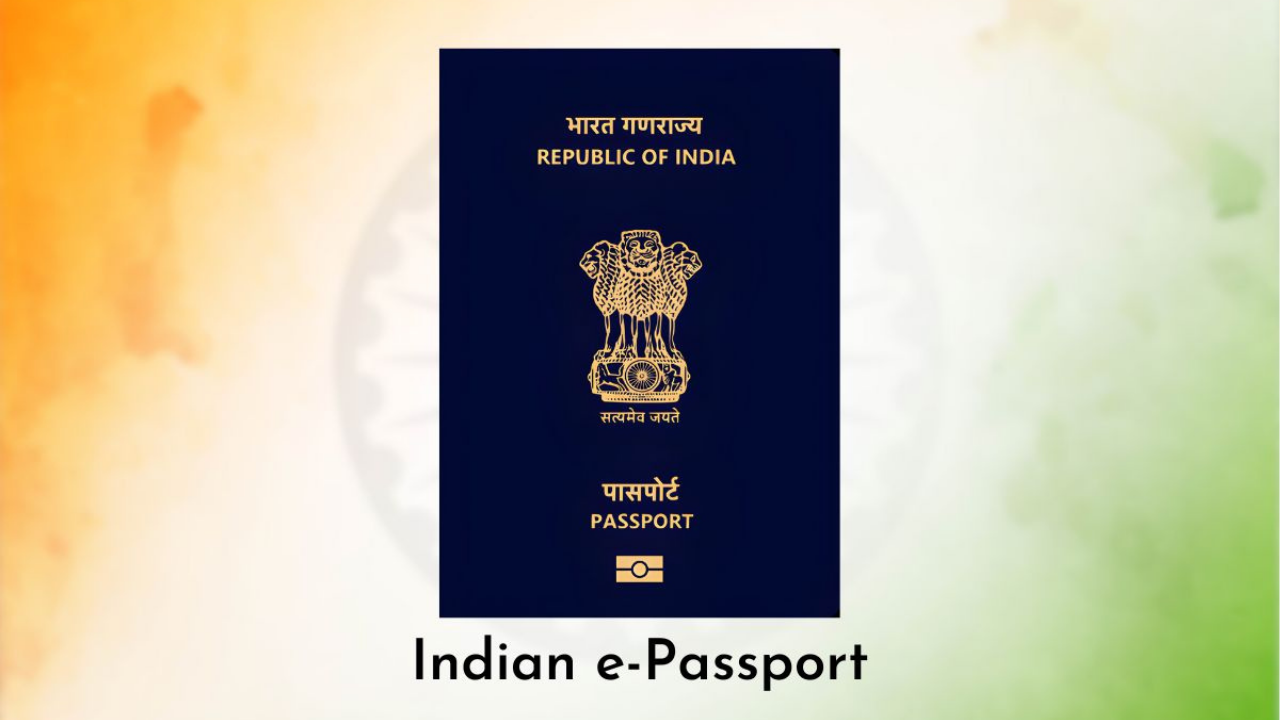In a major move towards transforming the way Indian citizens travel abroad, the Government of India has officially begun issuing e-passports in select cities across the country. This technological upgrade—part of the Ministry of External Affairs’ Passport Seva Programme (PSP) Version 2.0—aims to offer Indian travelers a more secure, tamper-resistant, and efficient passport experience.
The e-passport, a digitally enhanced version of the traditional passport, contains an embedded electronic chip that stores critical information such as personal details and biometric data. This smart feature is designed to enhance security, accelerate immigration procedures, and reduce the risk of identity fraud.
What Makes the e-Passport Different?
The key innovation lies in the Radio Frequency Identification (RFID) chip embedded within the passport’s back cover. This chip is digitally signed and stores vital data, including the passport holder’s biometrics, photograph, and personal credentials. The presence of a small gold rectangle on the cover helps identify an e-passport.
Using Public Key Infrastructure (PKI) technology, the data stored on the chip is protected against unauthorized access or manipulation, making it nearly impossible to duplicate or forge.
Key Benefits of the e-Passport
Heightened Security: Strong encryption and digital verification systems ensure the e-passport is resilient against tampering, cloning, and misuse.
Faster Immigration Clearance: Immigration officers can instantly validate the authenticity of an e-passport through chip readers, significantly cutting down processing times at airports.
Data Privacy Protection: Advanced cryptographic protocols shield sensitive information, offering passport holders peace of mind when traveling internationally.
Where Can You Get an e-Passport?
As of now, e-passports are being issued at 13 Passport Seva Kendras across India, including:
Amritsar
Bhubaneswar
Chennai
Delhi
Goa
Hyderabad
Jaipur
Jammu
Nagpur
Raipur
Ranchi
(plus two more cities not specified in the announcement)
The Ministry of External Affairs has confirmed that the service will be extended nationwide by mid-2025, enabling all Passport Seva Kendras to issue the new digital passports.
Do You Need to Upgrade?
For current passport holders, there’s no requirement to switch. Existing passports will remain valid until they reach their expiration date. The rollout is being conducted in a phased manner, and citizens may opt for an e-passport when applying for a new passport or renewing an old one.
What’s Next?
The e-passport rollout is a clear signal of India’s commitment to adopting secure, technology-forward governance. As more citizens begin using these smart passports, the country moves closer to achieving global standards in digital identification and cross-border mobility.
Whether you’re a frequent flyer or planning your first international trip, the e-passport promises a smarter, safer, and smoother experience at immigration counters worldwide.

